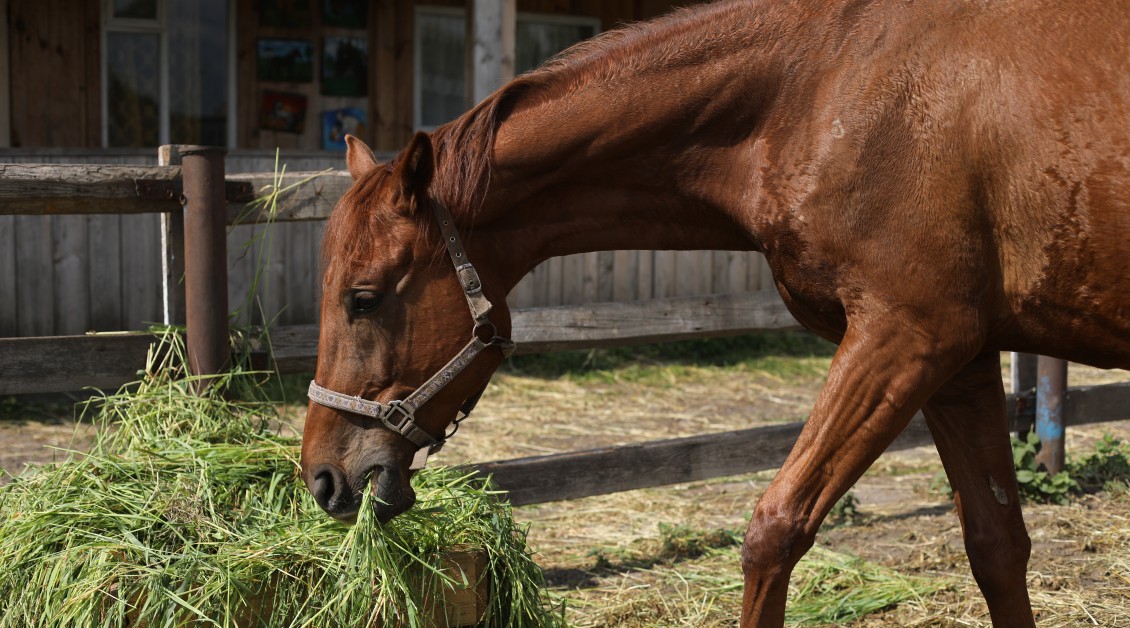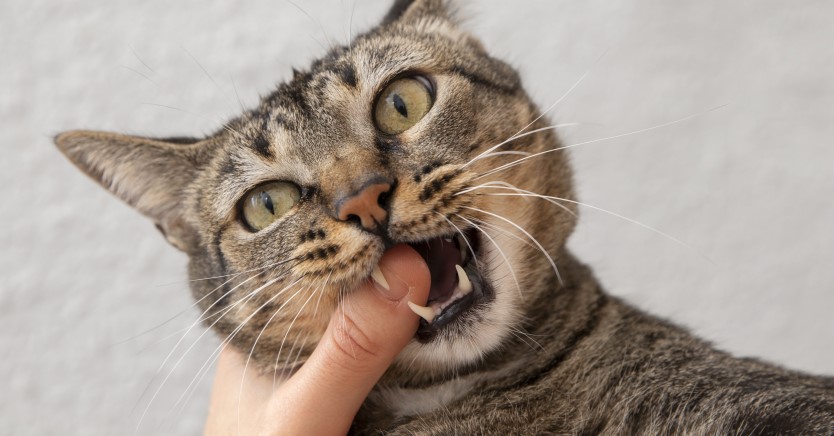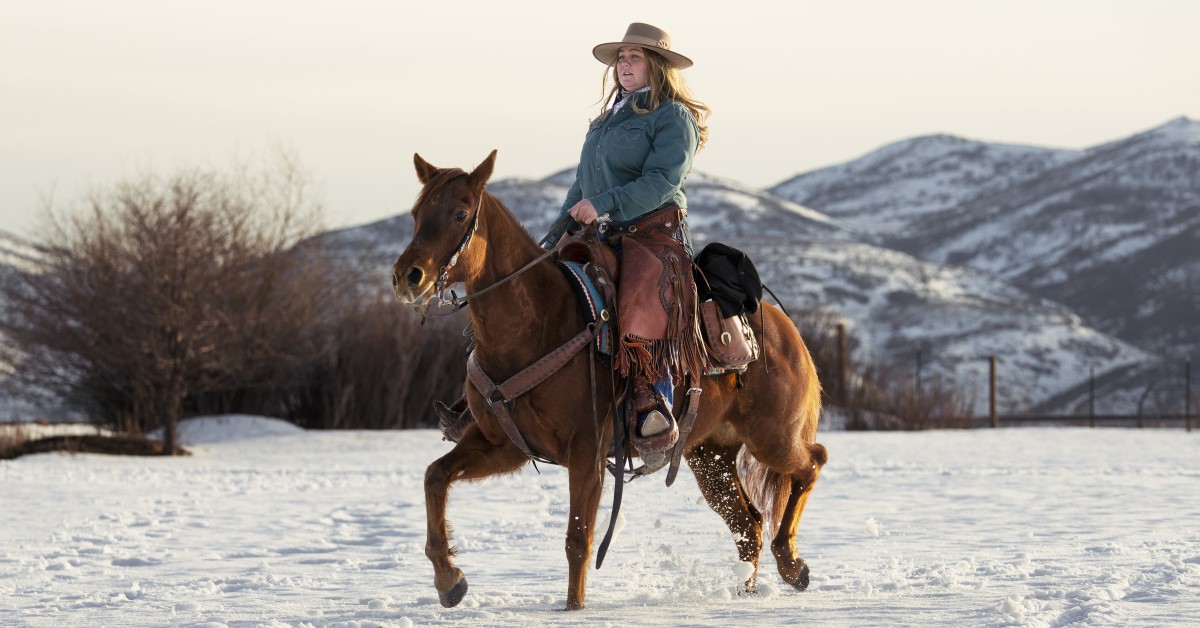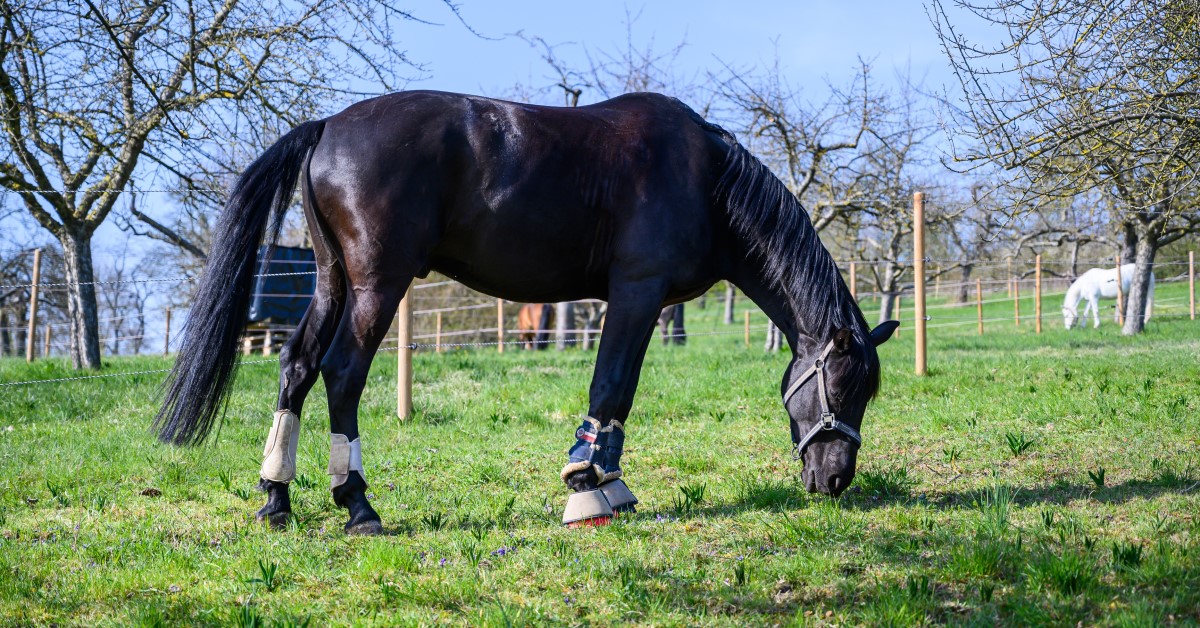Feeding Older Horses: Nutritional Considerations
Keep your senior horse healthy and active by understanding their unique nutritional needs and by providing the right diet for their age and condition.

Just as humans change with age, horses experience shifts in their needs as they move through different life stages, and nutrition is no exception. As a horse matures, its metabolism slows, digestion becomes less efficient, and its energy demands decrease. These changes often mean that the food and care that supported your young horse may no longer be adequate in their later years. Understanding the unique nutritional needs of senior horses can help keep them strong, comfortable, and thriving.
Nutritional Needs Change as Horses Grow Older
In their senior years, the nutritional needs of horses often experience changes in metabolism and digestive system inefficiencies. To better serve their aging bodies, horse owners should consider a diet that is higher in digestible nutrients, with a greater focus on easily absorbed fiber, proteins, and fats.
Senior horses experience a range of health concerns, such as weight loss, joint problems, and dental issues. This can make it difficult for aging horses to maintain a healthy body weight, keep their energy levels up, and eat a well-balanced diet due to trouble chewing caused by dental wear.
Making the necessary nutritional changes can help senior horses overcome these types of obstacles and maintain sufficient muscle mass, immune function, and overall energy. Proper nutrition can also help keep your horse’s coat shiny, fend off illnesses, and support strong bones and joints.
Senior Horses Require Specialized Diets to Thrive
Aging affects the body in many ways, and these changes require special care to prevent nutritional gaps. When feeding older horses, consider what is in the feed and if additional supplements are needed to achieve a more well-rounded diet. Equine dietary needs often include:
1. Forage and Fiber
Forage is the foundation of most horse diets, especially when it comes to senior horses. High-quality hay and pasture provide the necessary fiber most horses need for healthy digestion and gut function. Some senior horses struggle with fiber breakdown as their teeth wear down. In response, consider offering alternative sources of fiber like chopped hay, soaked hay cubes, or beet pulp, all of which can be easier to chew and digest.
2. Protein
Protein is an essential component of senior horse nutrition, helping aging horses maintain muscle mass, support tissue repair, and preserve overall strength. It’s common for horses to lose muscle tone as they age, especially if their diet doesn’t contain high-quality protein. Consider adding easily digestible protein sources to your senior horse’s diet, such as alfalfa hay or soybean meal.
3. Vitamins and Minerals
Older horses often need higher amounts of certain vitamins and minerals in their diet to support their immune system and overall health. Selenium, vitamin C, and vitamin D all play key roles in immune system function, helping to fight off illnesses and infections. Calcium and phosphorus are also critical for maintaining strong bones and preventing bone density loss.
4. Caloric Adjustments
Along with changes in specific vitamins, minerals, proteins, and other nutrients, it’s important to consider what caloric changes need to be made for weight management. Energy requirements in aging horses fluctuate, with some needing more calories to prevent weight loss, while others need less to prevent obesity. To help maintain body condition without excess starch or sugar, add safe fat sources like rice bran and vegetable oil.
5. Supplements
Some aging horses may require additional supplements to fill nutritional gaps. For example, those struggling with arthritis or mobility issues can benefit from supplements designed to support joint health, such as glucosamine and chondroitin. Omega-3 fatty acids, found in fish oil and flaxseed, can also support joint health and help reduce inflammation.
Tips on Horse Feeding Schedules and Weight Management
With age, a horse’s ability to digest and absorb nutrients starts to decline, making it important to adjust feeding schedules and strategies to meet their changing needs. One effective approach involves providing small, frequent meals instead of two large meals. This strategy can help improve digestion and prevent common digestive issues like colic.
Next, horses with dental issues may require softer foods to prevent discomfort during chewing. Soaked feeds and mashes, such as hay cubes, beet pulp, and senior feeds, can provide essential nutrients and are often more digestible.
Finally, it’s important to continually monitor your horse’s weight and overall body condition to ensure that the animal is not losing or gaining too much weight. Aging horse care may require you to adjust feed portions periodically, pay attention to calorie sources, and offer supplements based on activity levels and seasonal changes. Making these important changes can help your horse remain healthy and comfortable.
Keeping Your Senior Horse Happy and Healthy with the Right Diet
Proper diet is one of the most important nutritional considerations for senior horses. These remarkable animals go through many changes as they age, and making necessary dietary adjustments can help them transition into their golden years while remaining strong and active. Special feeding strategies, regular monitoring, and veterinary guidance can help ensure that your horse continues to receive the best care possible, allowing them to thrive in their later years.
Ready to start saving money on pet wellness care?
Then take a look at Mint Wellness, the pet wellness plan that provides fast reimbursement on routine pet care. Save on vaccinations, wellness exams, preventatives, dental, and more!
Learn More


